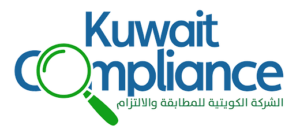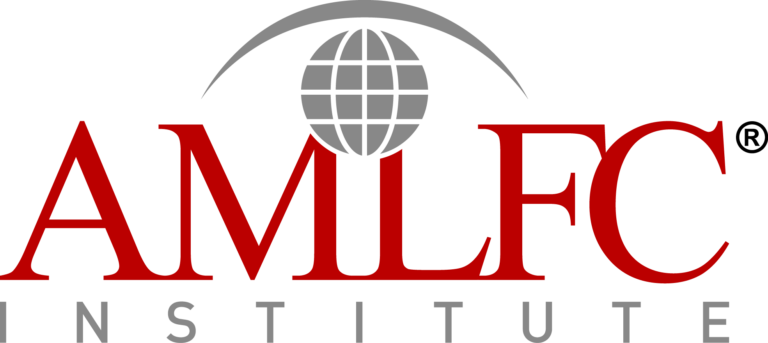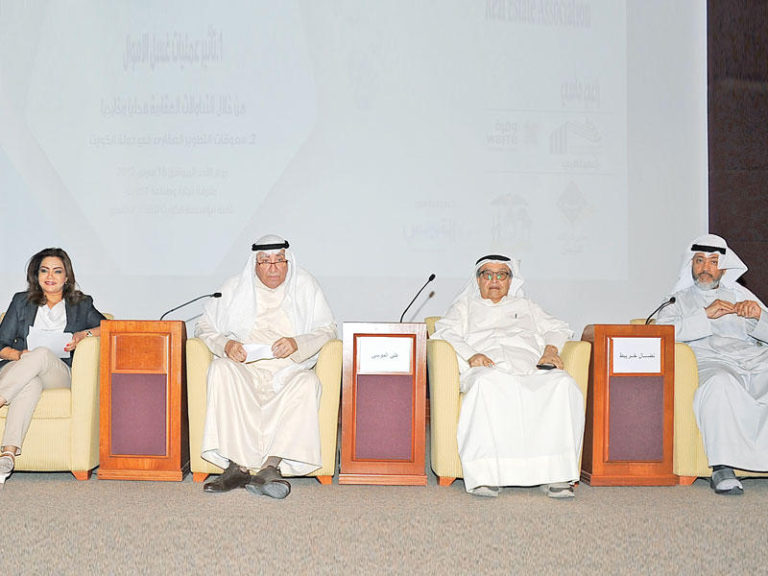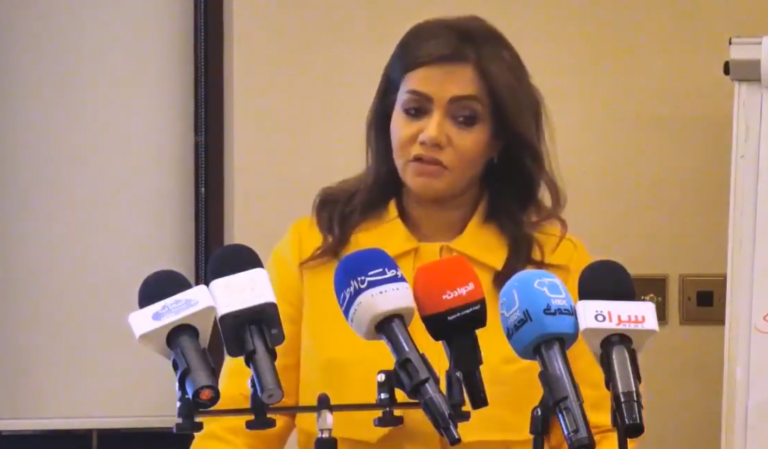34 activities outside the coverage of the “money laundering” law
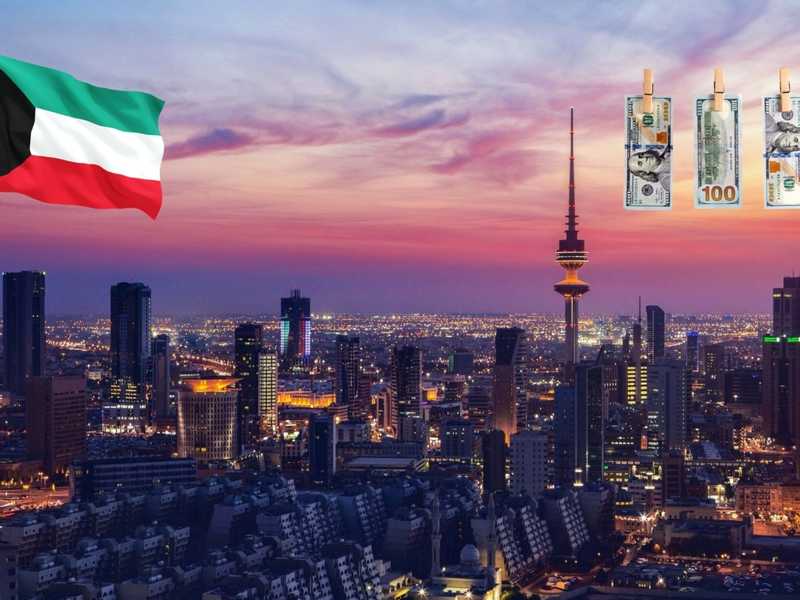
It seems that Kuwait is on a date with important obligations regarding combating money laundering and terrorist financing during the coming period, as it is expected that the Financial Action Task Force will conduct the second round of the mutual evaluation process in April 2022, and this raises the question whether the relevant regulatory authorities are ready for this entitlement. ?
A report issued by the Kuwait Compliance and Compliance Company – exclusive to Al-Qabas – revealed that about 34 activities in Kuwait are outside the coverage of the Anti-Money Laundering and Terrorist Financing Law, to which only about 18 activities are subject, compared to 52 regulated by international laws, pointing out that not including those activities It may negatively affect the results of the next evaluation.
The report pointed out that some of these activities have been proven to be misused or the possibility of this happening over the past three years, especially business sectors and commercial activities based on cash transactions or those that are not restricted by law or instructions with a ceiling or a requirement to disclose the source or proof of ownership.
He pointed out that the assessments have become more stringent than they were in the past, noting that the Cayman Islands, which for many years have been a safe haven for money laundering and tax evasion, was listed first in the list of high-risk countries, pointing to the negative effects of such a classification on the country’s reputation and trust. With its regulatory and financial systems and the possibility of taking countermeasures whose dimensions may be difficult to predict, as well as causing instability in the exchange rate, foreign investment, banking transactions, and trade exchange.
Examples of uncontrolled sectors
■ Parallel market for cars and used cars
■ Trade of boats and yachts
■ Taxi offices and transport companies
■ Leasing companies
■ Auctions
■ Dealers of antiques and artworks
■ Export and import brokers
Here are the full details
It seems that Kuwait is on a date with important obligations regarding combating money laundering and terrorist financing during the coming period, as the Financial Action Task Force is expected to conduct the second round of the mutual evaluation process in April 2022, which requires adequate preparations to be completed by the concerned authorities in Kuwait, for obtaining high levels of commitment to avoid entering into periodic follow-up processes or being included in the list of non-compliant or high-risk countries within the framework of the international cooperation review process conducted by the Financial Action Task Force, knowing that the first evaluation took place in the last quarter of 2010.
For its part, the Kuwait Compliance and Compliance Company indicated in a report singled out by Al-Qabas a package of challenges that the State of Kuwait may face in its quest to comply with international standards in adopting the implementation of the recommendations of the Financial Action Task Force forty based on the “risk assessment approach”, which depends entirely on the process National risk assessment.
The company said: Although the Central Bank of Kuwait, the Capital Markets Authority, and the Ministry of Commerce and Industry have either updated their supervisory instructions or issued new instructions emphasizing this approach, it is not known whether they were based on an updated national assessment of risks in contrast to the assessment. Previous in 2016.
Money laundering risk assessment
She stated that the results of the National Risk Assessment in 2016, regardless of their outcome, were not published or circulated to the audited entities or published in the media, stressing that more profound and influential results could have been achieved in the application of the law by the audited entities and the dissemination of a culture of compliance among the public. He is also aware of the legally regulated non-financial professions and businesses – the most important of which are the “real estate” and “gold and precious metals” sectors.
She added: If the concerned authorities published the results of that assessment, it would have facilitated the task of these sectors in applying the precautionary measures established by law on their customers, in light of a societal culture that refuses to disclose data on the source of funds and other measures, not to mention the need to update this study, taking into account global, regional and local developments. And the new means of money laundering and terrorist financing, especially with technical developments, means of payment, financial transactions, and digital currencies.
Activities outside supervision
She added: Perhaps one of the most prominent aspects of the effective national assessment of risks is that it covers high-risk commercial activities that have not been legalized so far and that their misuse or the possibility of this has been proven through the overall coverage of the local media over the past three years of cases in which many of those accused of committing The crime of laundering is their exploitation of unregulated sectors and businesses to disguise the sources of their money, and among the most prominent of these sectors are businesses and commercial activities based on cash transactions or those that are not restricted by law or instructions with a ceiling or a requirement to disclose the source or proof of ownership.
She indicated that the total number of activities regulated under the laws of combating money laundering and terrorist financing globally is 52, while their number, according to what was stated in the law, is only 18, which means that there are about 34 sectors that are not subject to oversight by Kuwaiti law. Accordingly, we believe that The fact that Kuwaiti legislation does not include these activities in oversight will have an influential role in the upcoming mutual evaluation, not to mention the weak outputs of the Kuwait Lawyers Association, which has been named as a “self-regulatory” body in the Anti-Money Laundering and Terrorist Financing Law, as well as “auditors,” where it has not been proven that there are any Suspicion reports, according to the statistics contained in the last report of the Financial Intelligence Unit, reflect the application of the law. Lawyers are considered one of the parties to the triangle of protecting the financial system, in addition to banks and financial institutions, accountants, and auditors, and both categories are subject to the aforementioned law.
She stressed that the inclusion of the names of countries that are not committed to the application of anti-money laundering and terrorist financing laws in the list of high-risk countries has negative effects on the reputation of those countries and on confidence in their regulatory and financial systems, which may result in different reactions in their intensity and severity by regulators in Countries of the world, especially the United States, the United Kingdom, and the European Union, as well as by workers in the markets, financial sectors, and international rating agencies, in addition to the possibility of taking countermeasures against those listed countries whose dimensions and depth of impact may be difficult to predict, especially with regard to the stability of the currency exchange rate and foreign investment. , banking transactions, trade exchange, and other economic and political factors.
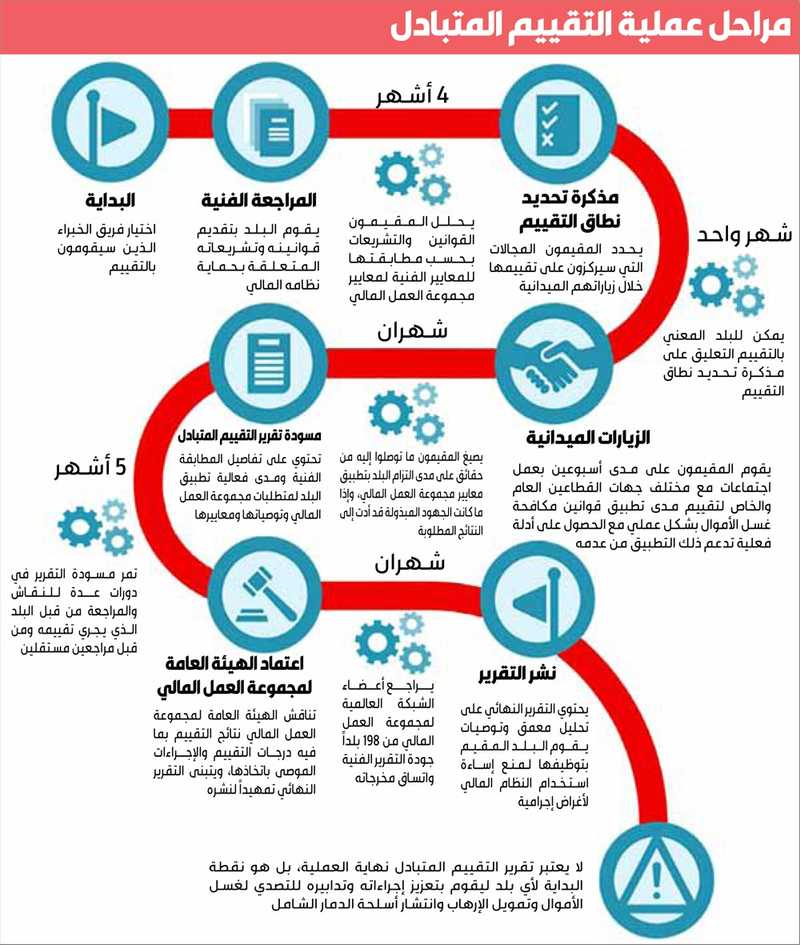
Examples of uncontrolled sectors
● Parallel market for cars and used cars
● Hotels and restaurants
● Salons
● Boat and yacht trade
● “Cash” gas stations
● Taxi offices and transport companies
● Leasing companies
● Auctioneers
● Antiques and Artwork Dealers
● Cooperative Societies
● Export and import brokers
The Cayman Islands were classified as “high-risk” for the first time
The report indicated that the assessments of the Financial Action Task Force have become more stringent than it was in the past, and that the Cayman Islands, which for many years have been a safe haven for money laundering and tax evasion, was listed first in the list of high-risk countries.
